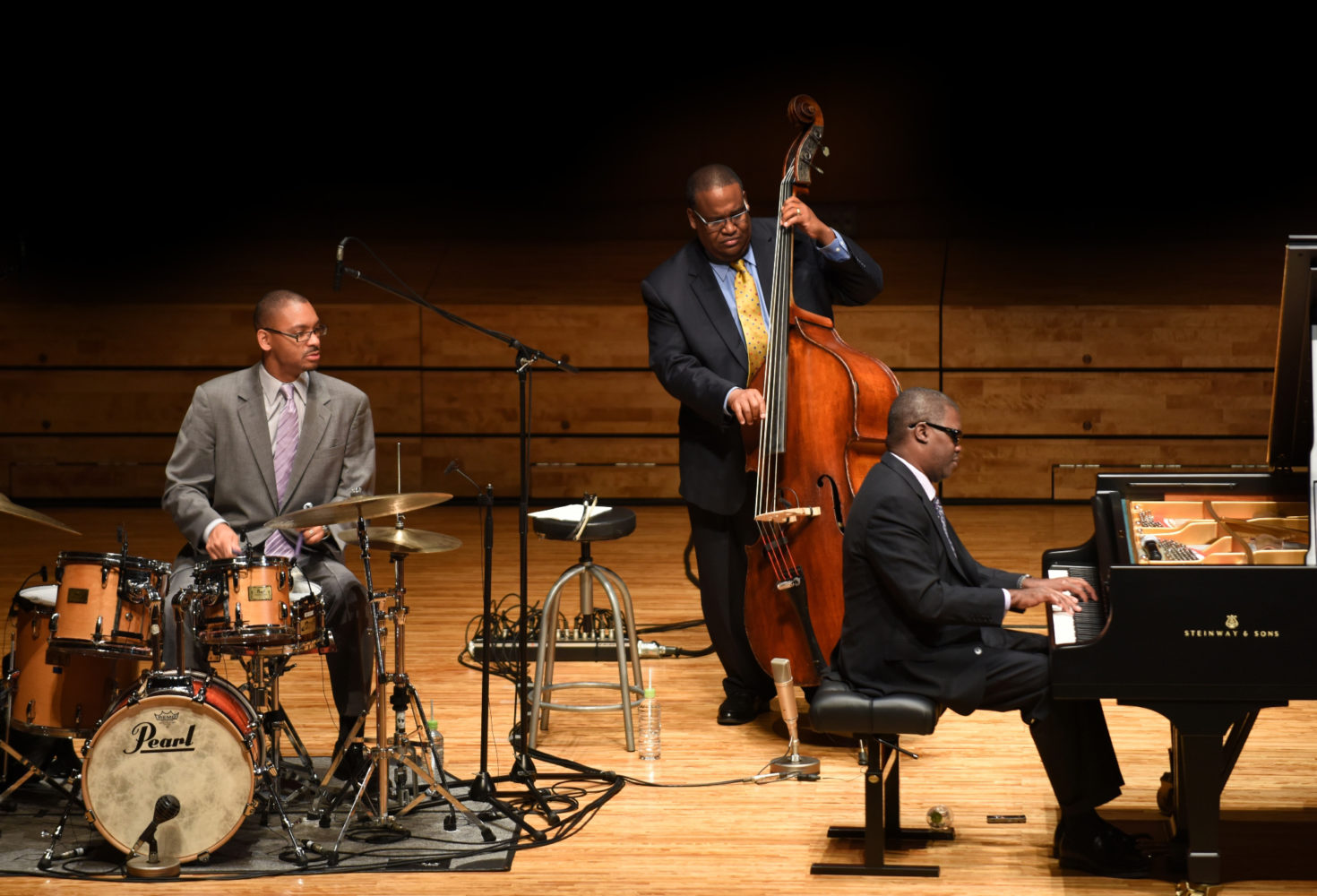Duke Ellington
By Leon Botstein
During his three-year sojourn in the United States in the early 1890s—as director of a conservatory here in New York—the world-famous Czech composer Antonin Dvo˘rák observed that if composers in the United States were ever to break away from being trapped in the shadow of Europe’s musical culture and make an original lasting American contribution to the world of music, they had to turn for inspiration to two sources for music unique to this country: the traditions of the Native Americans, and the traditions of African-Americans, including the country’s history of slavery, the era of Jim Crow, and the ongoing struggle against racism for political, social, and economic equality.
Edward Kennedy “Duke” Ellington’s achievement is perhaps the most obvious and prominent vindication of Dvořák’s insight. No American composer and musician demonstrated such originality, consistency, productivity, and versatility; reached such a wide audience throughout the world, and triumphed as a composer and performer in so many varied genres as Duke Ellington.
Among Ellington’s contributions was his role in bringing the worlds of jazz and orchestral music together and transcending the boundaries of inherited genres. Tonight’s concert consists of music written between the 1930s and the mid-1970s. It features the contributions of Ellington’s brilliant long-time colleague Billy Strayhorn, and ranges from popular melodies to a score commissioned by Arturo Toscanini. One of the unintended consequences of Ellington’s work as a composer for orchestral forces was the deepening of ties between black and white musicians, a feature of mid-twentieth century jazz culture, but less prevalent in the world of “classical music.” The fabulous arrangement on tonight’s program of Satin Doll by Chuck Israels, one of jazz’s greats, is a testimony to those ties. The ASO is also delighted to have the opportunity of working with Marcus Roberts again and with Catherine Russell. And it is proud to feature the contributions of three leading figures in American musical life who worked with Ellington, all of whom had ties to the ASO: Morton Gould, Maurice Peress, and Gunther Schuller.
For the past two decades the ASO has presented concerts featuring the music of one single composer under the rubric “American Masters.” No American musician so unreservedly merits the designation “American Master” as Duke Ellington.

